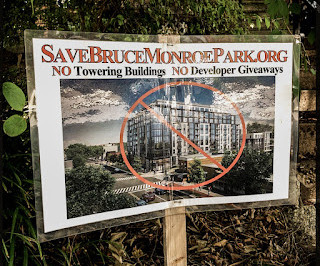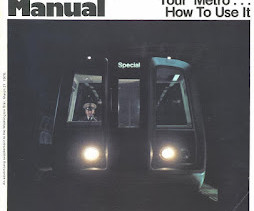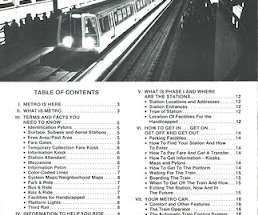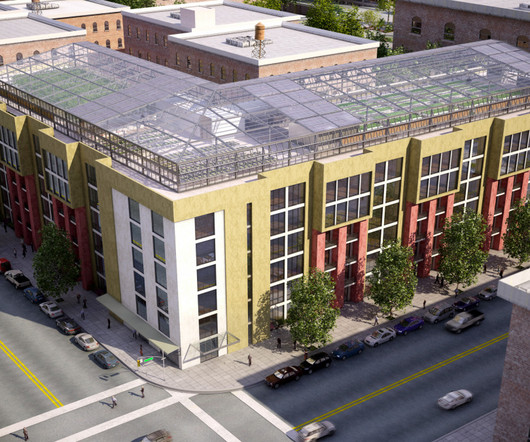Community building versus economic development
Rebuilding Place in Urban Space
MARCH 21, 2024
A problem on Market East and in Philadelphia, they said, is the city government only contemplates the future in response to developers’ wishes. Plus they have a bias against development to begin with, think developers are monsters because they make profits, etc. Most economic development planners don't know the difference.












Let's personalize your content